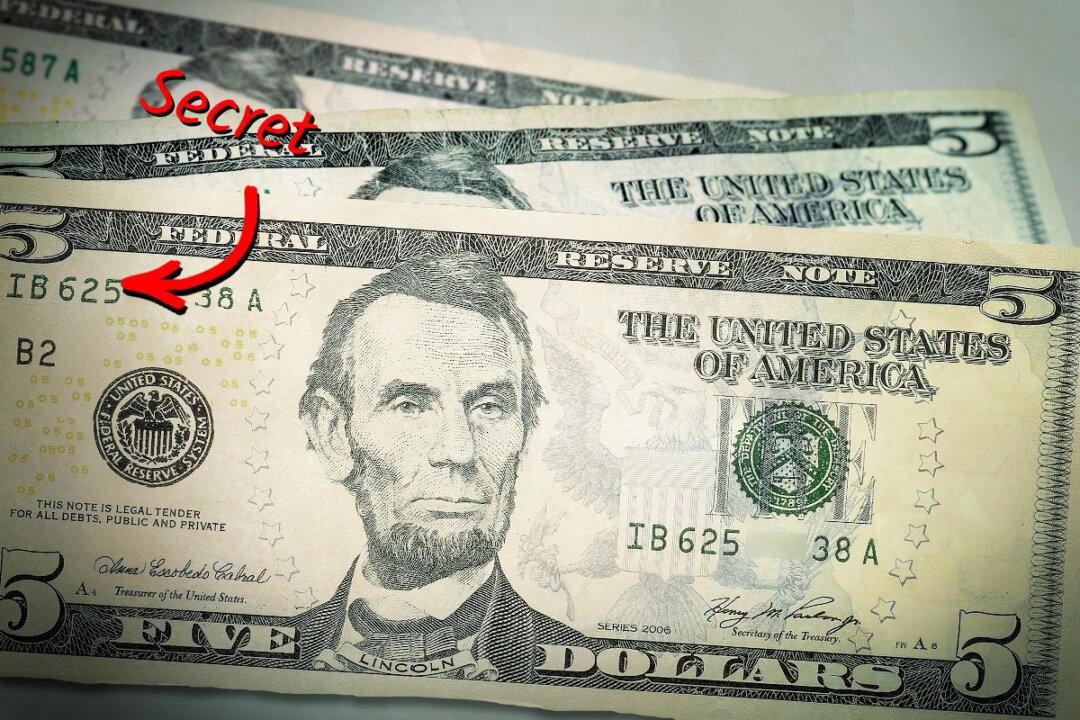Look closely at this $5 bill: soiled by age, edges torn, and smeared with ink. Not the prettiest. Seen better days.
But despite all the wear and tear, blemishes, creases, and stains, it may be worth way more than face value—indeed thousands.

Look closely at this $5 bill: soiled by age, edges torn, and smeared with ink. Not the prettiest. Seen better days.
But despite all the wear and tear, blemishes, creases, and stains, it may be worth way more than face value—indeed thousands.